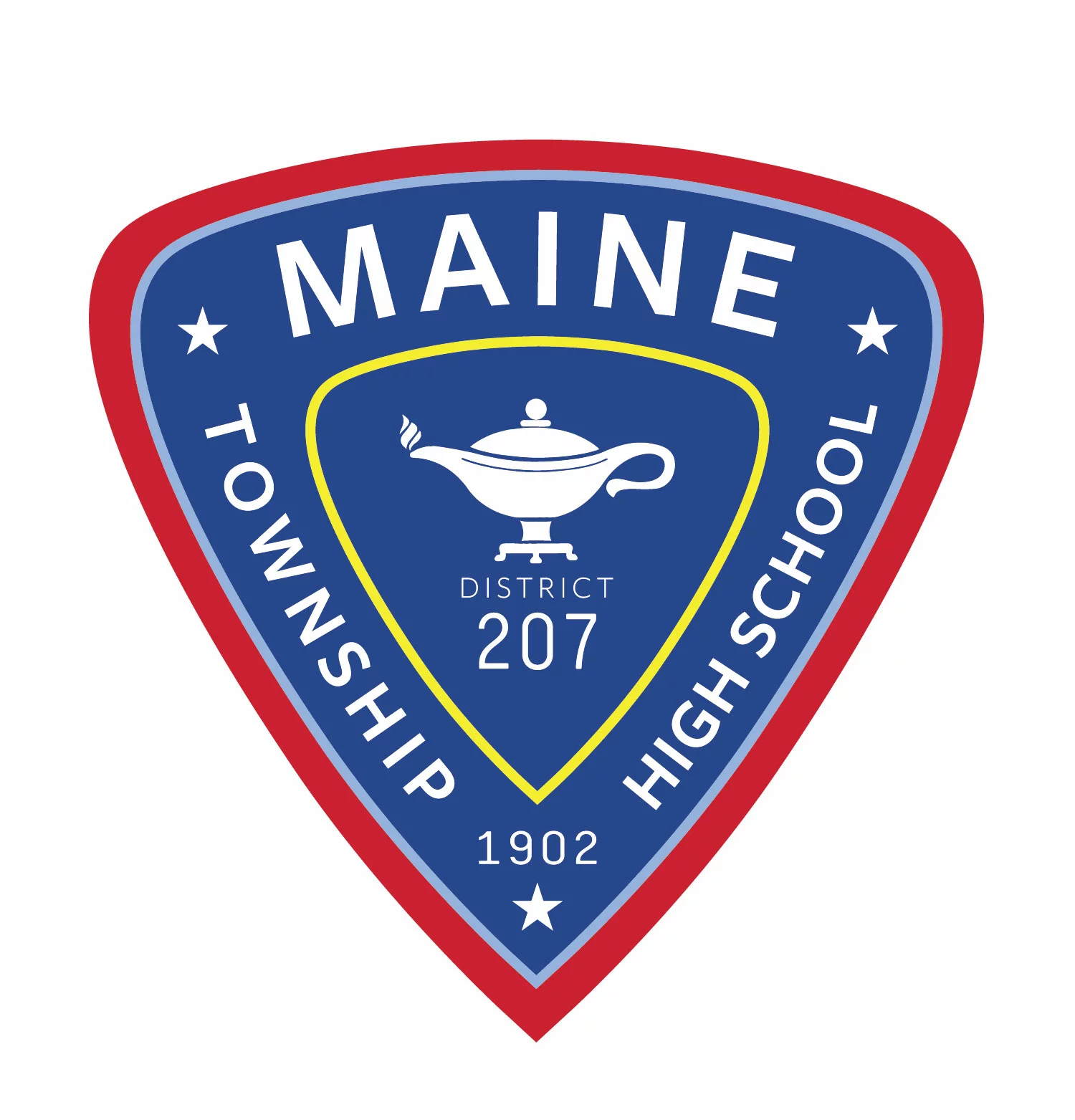COMPETENCIES
The Engaging the Learner pathway includes adult learning competencies that focus on using a variety of information about individuals in order to engage students in rigorous and relevant learning.
This pathway focuses on learning how to assess, differentiate, and personalize learning.

I can use varied sources of information about learners and apply a range of strategies to unpack learning outcomes and inspire learners to seek increasingly challenging tasks.
See Alignments BelowI can create relevant experiences for learners to nourish passion and curiosity, promote rigor, and foster the acquisition of dispositions and skills to become an empowered and responsible citizen.
See Alignments BelowI can gather and analyze data using a variety of formative methods in order to purposefully adjust instruction through appropriate, high-impact strategies to help students meet their social-emotional needs and instructional outcomes.
See Alignments BelowI can use my understanding of best instructional and assessment practices as well as student academic and social/emotional circumstances to design and implement personal and rigorous learning experiences that meet students where they are in their learning and/or career exploration process.
See Alignments BelowALIGNMENTS
Vision
Learner inquires about and questions content at a deep and personal level.
Learning progressions are based on student interest and are adapted to meet individual student needs.
Learners can articulate their personal learning journey using routine reflective practices
Foundational learning outcomes have broad application across multiple disciplines and are clearly connected to essential skills required for success in life.
The school culture acknowledges the wants, needs, and goals of individuals and systemically supports their pursuit.
The school culture supports the belief that learning occurs in a multitude of settings and through a multitude of modalities that are centered around the preferences of students.
Failure is accepted as a necessary part of the learning process.
Learning is a social activity.
The school culture fosters a sense of belonging and acceptance.
Areas of Focus
Framework for Professional Practice
Demonstrating Flexibility and Responsiveness
Showing Professionalism
Growing and Developing Professionally
Participating in the Professional Community
Reflecting on Teaching and Practice
Managing Student Behavior
Creating an Environment of Respect and Rapport
Maintaining Accurate Records to Support communication with families
Managing routines, procedures and physical space
Using Questioning and Discussion Techniques
Demonstrating Knowledge of Students
Using Assessment in Instruction/Practice
Designing Assessments
Demonstrating Knowledge of Resources
Demonstrating Knowledge of Content and Pedagogy
Engaging Students
Communicating with Students
Establishing a Culture and Climate for Learning
Designing Coherent Instruction/Services
Setting goals and outcomes
Vision
Learner inquires about and questions content at a deep and personal level.
Learning progressions are based on student interest and are adapted to meet individual student needs.
Learners can articulate their personal learning journey using routine reflective practices
Foundational learning outcomes have broad application across multiple disciplines and are clearly connected to essential skills required for success in life.
The school culture acknowledges the wants, needs, and goals of individuals and systemically supports their pursuit.
The school culture supports the belief that learning occurs in a multitude of settings and through a multitude of modalities that are centered around the preferences of students.
Failure is accepted as a necessary part of the learning process.
Learning is a social activity.
The school culture fosters a sense of belonging and acceptance.
Areas of Focus
Framework for Professional Practice
Demonstrating Flexibility and Responsiveness
Showing Professionalism
Growing and Developing Professionally
Participating in the Professional Community
Reflecting on Teaching and Practice
Managing Student Behavior
Creating an Environment of Respect and Rapport
Maintaining Accurate Records to Support communication with families
Managing routines, procedures and physical space
Using Questioning and Discussion Techniques
Demonstrating Knowledge of Students
Using Assessment in Instruction/Practice
Designing Assessments
Demonstrating Knowledge of Resources
Demonstrating Knowledge of Content and Pedagogy
Engaging Students
Communicating with Students
Establishing a Culture and Climate for Learning
Designing Coherent Instruction/Services
Setting goals and outcomes
Vision
Learner inquires about and questions content at a deep and personal level.
Learning progressions are based on student interest and are adapted to meet individual student needs.
Learners can articulate their personal learning journey using routine reflective practices
Foundational learning outcomes have broad application across multiple disciplines and are clearly connected to essential skills required for success in life.
The school culture acknowledges the wants, needs, and goals of individuals and systemically supports their pursuit.
The school culture supports the belief that learning occurs in a multitude of settings and through a multitude of modalities that are centered around the preferences of students.
Failure is accepted as a necessary part of the learning process.
Learning is a social activity.
The school culture fosters a sense of belonging and acceptance.
Areas of Focus
Framework for Professional Practice
Demonstrating Flexibility and Responsiveness
Showing Professionalism
Growing and Developing Professionally
Participating in the Professional Community
Reflecting on Teaching and Practice
Managing Student Behavior
Creating an Environment of Respect and Rapport
Maintaining Accurate Records to Support communication with families
Managing routines, procedures and physical space
Using Questioning and Discussion Techniques
Demonstrating Knowledge of Students
Using Assessment in Instruction/Practice
Designing Assessments
Demonstrating Knowledge of Resources
Demonstrating Knowledge of Content and Pedagogy
Engaging Students
Communicating with Students
Establishing a Culture and Climate for Learning
Designing Coherent Instruction/Services
Setting goals and outcomes
Vision
Learner inquires about and questions content at a deep and personal level.
Learning progressions are based on student interest and are adapted to meet individual student needs.
Learners can articulate their personal learning journey using routine reflective practices
Foundational learning outcomes have broad application across multiple disciplines and are clearly connected to essential skills required for success in life.
The school culture acknowledges the wants, needs, and goals of individuals and systemically supports their pursuit.
The school culture supports the belief that learning occurs in a multitude of settings and through a multitude of modalities that are centered around the preferences of students.
Failure is accepted as a necessary part of the learning process.
Learning is a social activity.
The school culture fosters a sense of belonging and acceptance.
Areas of Focus
Framework for Professional Practice
Demonstrating Flexibility and Responsiveness
Showing Professionalism
Growing and Developing Professionally
Participating in the Professional Community
Reflecting on Teaching and Practice
Managing Student Behavior
Creating an Environment of Respect and Rapport
Maintaining Accurate Records to Support communication with families
Managing routines, procedures and physical space
Using Questioning and Discussion Techniques
Demonstrating Knowledge of Students
Using Assessment in Instruction/Practice
Designing Assessments
Demonstrating Knowledge of Resources
Demonstrating Knowledge of Content and Pedagogy
Engaging Students
Communicating with Students
Establishing a Culture and Climate for Learning
Designing Coherent Instruction/Services
Setting goals and outcomes
